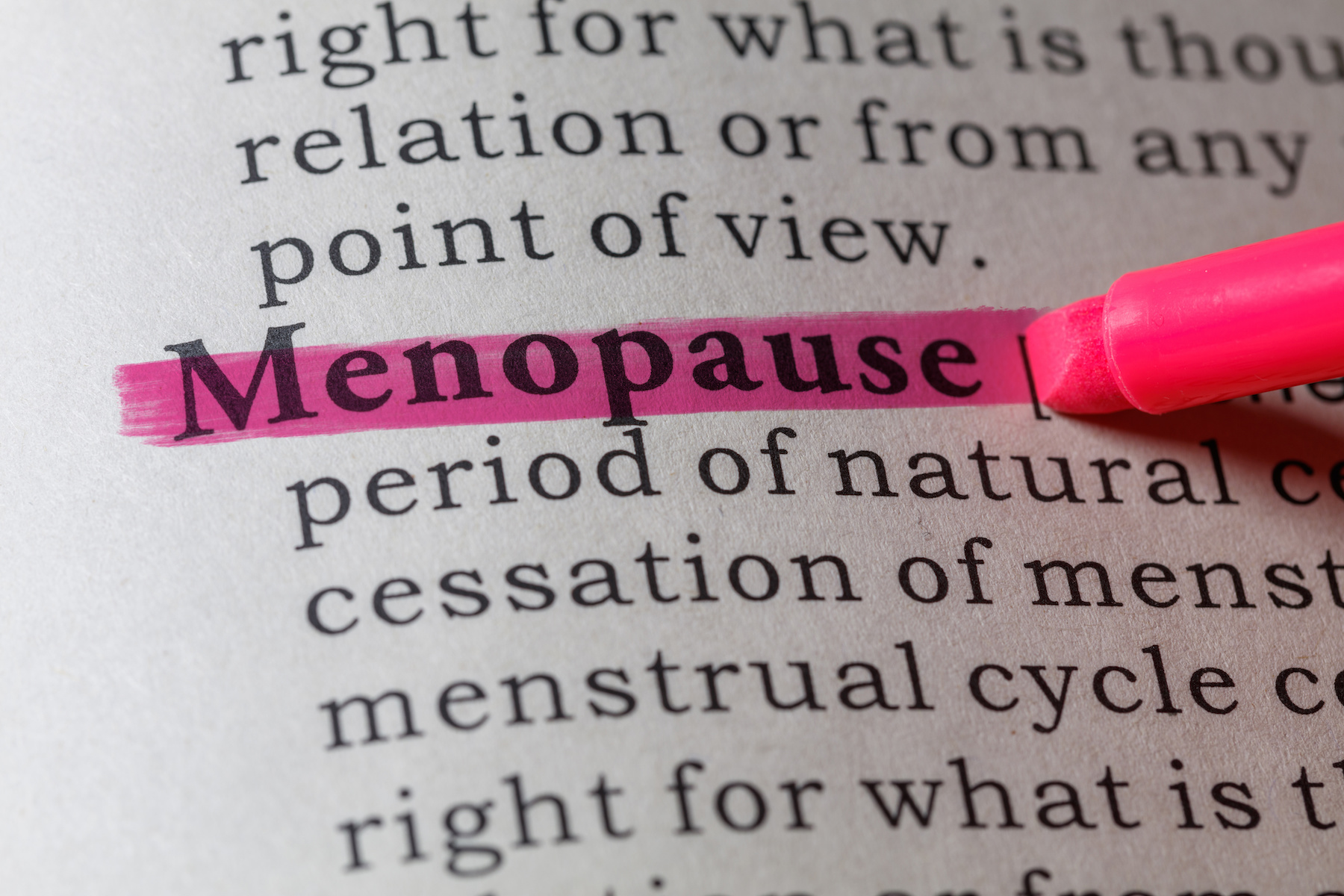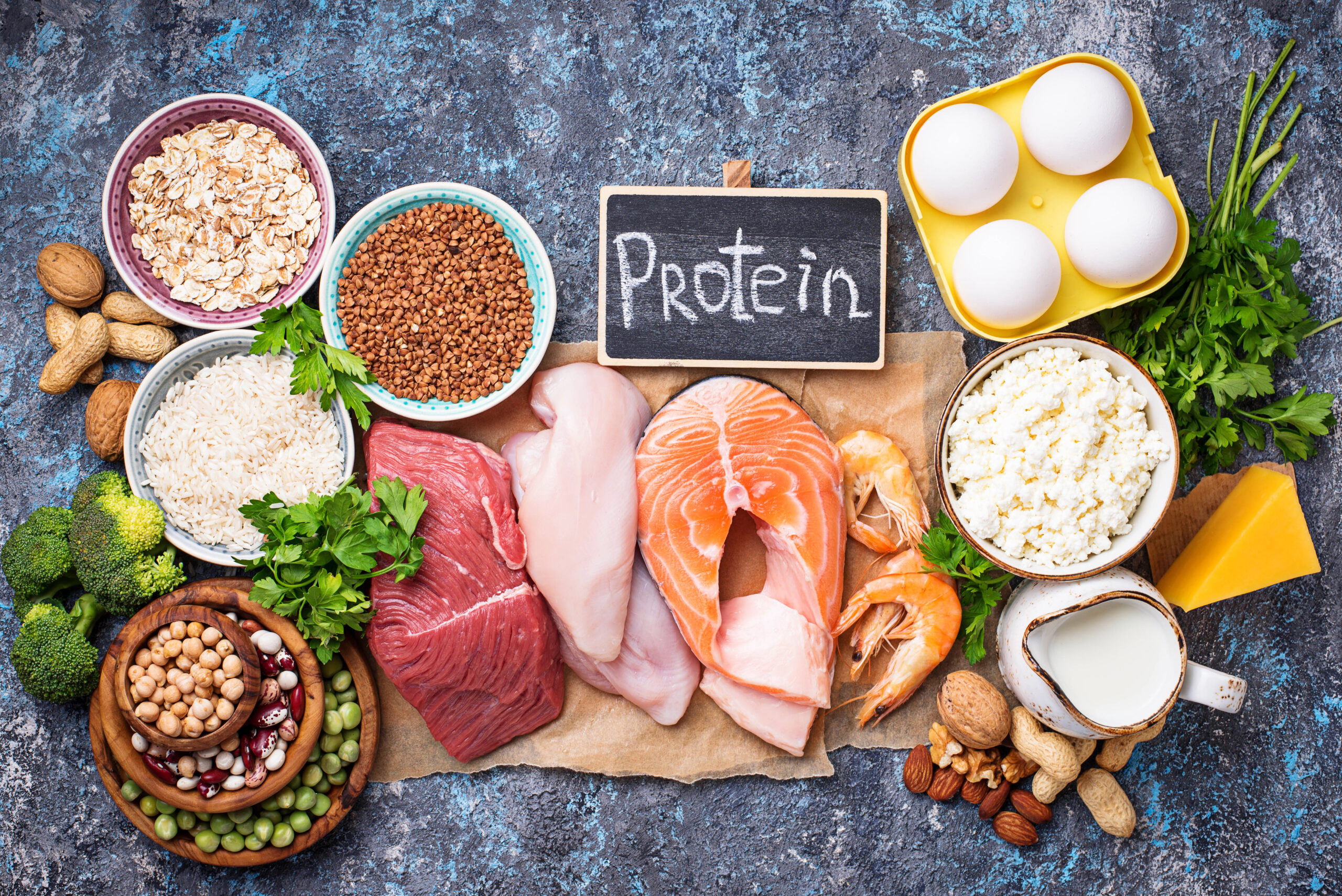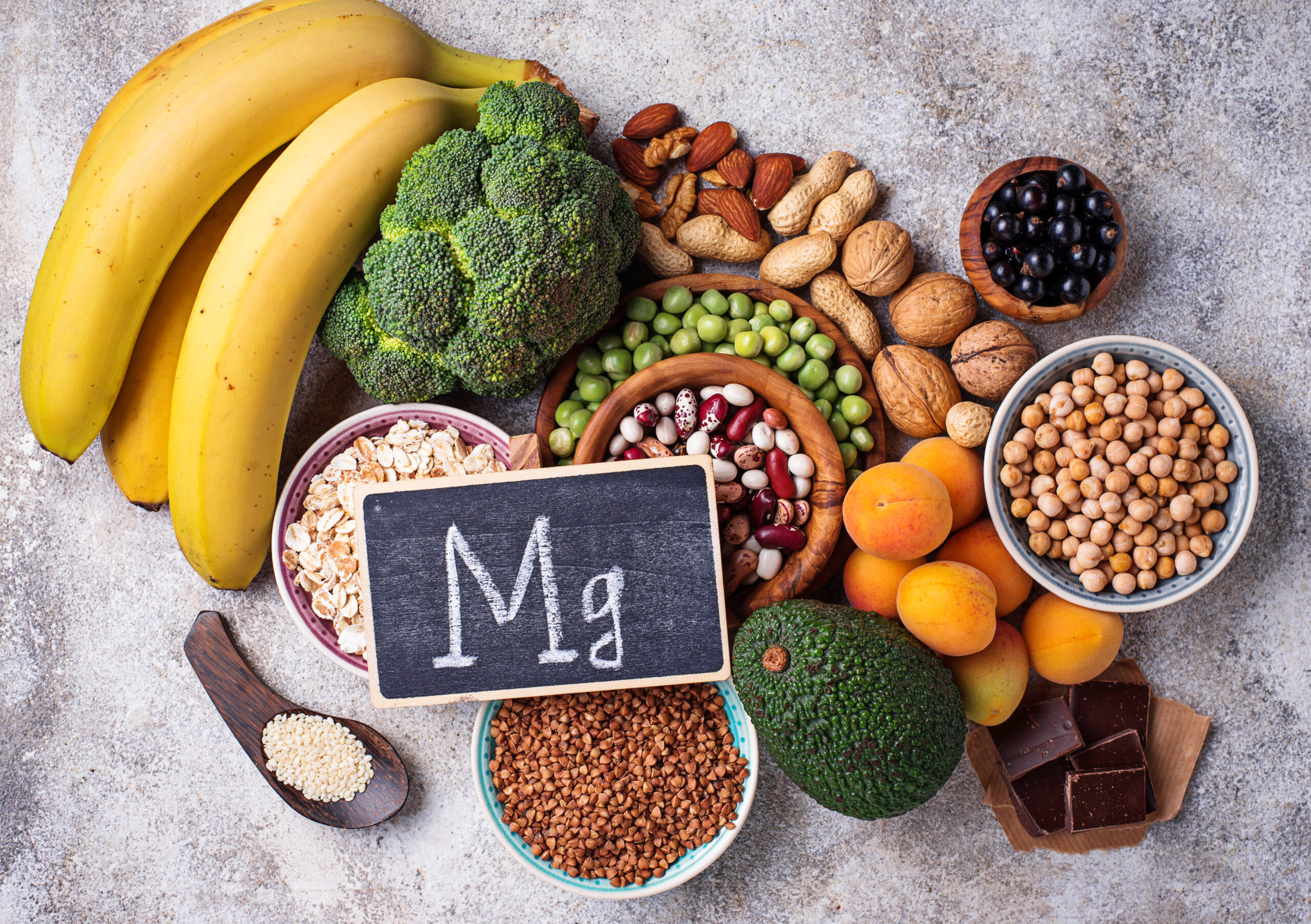

Menopause is a time many women don’t look forward to. Hot flashes, night sweats, and even mood changes. But does menopause have to be as bad as they say? The truth is, there are natural treatments for menopause that can really work.
But before we dive in and learn about natural remedies for menopause, let’s look a little closer at the progression of menopause.
What is Perimenopause?
Perimenopause refers to the transitional time around menopause. It’s when the female body is making the transition to menopause but isn’t quite there yet.
During perimenopause, the ovaries produce less estrogen to prepare for the end of the menstrual cycle. This is the body’s way of preparing for menopause. Estrogen levels generally decrease but in an irregular way. Sometimes there is more estrogen, while other times there is less. Progesterone is also changing, as the corpus luteum that normally provides progesterone after ovulation is less robust, causing lower progesterone levels in the second half of the menstrual cycle. This is all part of the normal, perimenopausal process.
Perimenopause symptoms include:
- Irregular periods
- Hot flashes
- Vaginal dryness and painful intercourse
- Mood changes, such as irritability, depression, or mood swings
- Difficulty sleeping
Perimenopause starts at different ages for women. Some notice symptoms beginning as early as in their late-30’s. For others, no symptoms arise until their 50’s when they go through menopause. The average length of perimenopause is 4 years, but for some, symptoms only last for a short time, for others they may notice symptoms for longer. The average age of menopause onset is 50-52 years.
Menopause
After 12 consecutive months without a period, menopause has officially begun. The ovaries no longer release eggs (ovulation stops) and the woman cannot become pregnant. This marks the end of the female reproductive years. Estrogen levels drop very low, resulting in typical menopausal symptoms like:
- Hot flashes
- Insomnia
- Fatigue
- Bone density loss
- Vaginal dryness
- Night sweats
- Headaches
Hormone replacement therapy with bio-identical hormones can be really helpful for relieving symptoms. However, not everyone wants to start hormone treatment. That’s where natural remedies for menopause can play a significant role. Herbal remedies can be effective at menopause symptom management. Let’s look closer at some of the natural menopause treatments that really work.
Herbal Remedies For Menopause Symptom Relief
Ashwagandha
Ashwagandha is an adrenal support herb used in traditional Ayurvedic medicine.
It’s anti-inflammatory and known to help with:
- Stress and anxiety relief
- Improving sleep quality
- Fatigue
- Mental focus
But, ashwagandha can do much more! Clinical studies show ashwagandha can relieve mild to moderate perimenopausal symptoms. While also helping with general wellness, ashwagandha is a natural remedy for menopause symptoms.
Chasteberry
Chasteberry, also known as Chaste Tree Berry and Vitex, can be effective at reducing premenstrual, perimenopausal and menopausal symptoms. It supports progesterone and also has some phytoestrogenic activity.
Black Cohosh
Black Cohosh, or black snakeroot, is also a phytoestrogen that helps relieve hot flashes and other symptoms of menopause. It’s so effective for menopause symptom management that it’s comparable to low-dose estradiol.
Dong Quai
Dong Quai, or female ginseng, is a traditional Chinese medicine herb. It’s used to help manage symptoms of menopause and is often combined with other herb formulations for greater effect.
Maca
Maca is a nutrient-dense plant native to Peru. It has postmenopausal hormone-modulating effects and improves menopause-induced sexual dysfunction. While only a small number of human trials have been done, maca is a promising herb to improve menopausal symptoms.
Shatavari
Shatavari is a staple in Ayurvedic medicine and is another herb that contains phytoestrogens. Traditionally, Shatavari is used to help the body cope with physical and emotional stress, But, some studies found it improves menopausal symptoms. One study by an Ayurvedic doctor found it decreased hot flashes, insomnia, and vaginal dryness.
Other benefits include:
- Anti-inflammatory and antioxidant properties
- Improves muscle function in menopausal women
DIM and IC3
Diindolylmethane, or DIM, is a phytochemical compound. It’s an active metabolite of IC3, or indole-3-carbinol. DIM is the most well-studied metabolite of IC3 and is naturally found in cruciferous vegetables. Along with anti-inflammatory properties, DIM may also impact estrogen metabolism for postmenopausal women by aiding in more effective detoxification.
ERr731
A phytoestrogen, ERr731 is an extract from the root of rhubarb. It’s shown to be both effective and safe for menopausal symptoms, especially hot flashes (up to an 83% reduction over 12 weeks of use). One ERr731 supplement has been used for over 20 years to help women manage menopausal symptoms. It’s backed by clinical trials and shown to be safe for daily hot flash support. It can also help with sleep, mood, anxiety, irritability, vaginal dryness, and muscle and joint pain associated with menopause.
Curcumin
Curcumin is a yellow pigment found in turmeric. It has both anti-inflammatory and antioxidant properties. One study found curcumin taken with vitamin E significantly reduced hot flashes in postmenopausal women. Learn more about curcumin here.
As always, talk with your functional medicine doctor about what natural remedies for menopause are right for you. Interactions can sometimes occur if you’re taking other medications, and some herbs and supplements might not be right for you, especially if you have had a hormone sensitive cancer in the past, such as breast, uterine, or ovarian cancer, or have had a history of blood clots, heart attack or stroke.
Achieving Menopause Symptom Relief With Herbal Treatment
If you’re struggling with menopause symptoms but don’t want to take synthetic hormones, herbal remedies are worth trying. But, sometimes you need a professional to help you craft a personalized plan. At Arizona Wellness Medicine, our functional medicine providers can create an individualized plan for you to get your menopause symptoms under control. Get in touch here to make your first appointment.
Resources:
https://www.mskcc.org/cancer-care/integrative-medicine/herbs/ashwagandha
https://www.mskcc.org/cancer-care/integrative-medicine/herbs/chasteberry
https://www.mskcc.org/cancer-care/integrative-medicine/herbs/black-cohosh
https://www.mskcc.org/cancer-care/integrative-medicine/herbs/dong-quai
https://www.mskcc.org/cancer-care/integrative-medicine/herbs/maca
https://www.healthline.com/health/food-nutrition/shatavari
https://www.ncbi.nlm.nih.gov/pmc/articles/PMC8708006/
https://www.tmjournal.org/fulltext/140-1505497181.pdf
https://www.mskcc.org/cancer-care/integrative-medicine/herbs/diindolylmethane
https://www.mskcc.org/cancer-care/integrative-medicine/herbs/wild-yam
https://pubmed.ncbi.nlm.nih.gov/18978638/
https://pubmed.ncbi.nlm.nih.gov/31987231/
https://www.ncbi.nlm.nih.gov/pmc/articles/PMC5664031/
https://www.mayoclinic.org/diseases-conditions/perimenopause/symptoms-causes
https://www.hopkinsmedicine.org/health/conditions-and-diseases/perimenopause
Share:
Dr. Emily Parke
Social Media
Most Popular Posts
Subscribe To Our Newsletter
Related Posts

How Fructose Intake Affects Metabolic Health: What You Need to Know
Fructose, found naturally in fruits and added to processed foods as high fructose corn syrup, impacts health. Learn the metabolic effects of fructose intake.

Get More Vitamin D for Better Health!
Of all the vitamins and minerals you should be sure you’re getting enough of, vitamin D is perhaps one of the most important. The benefits of vitamin D are widespread and pretty incredible.

The Science Behind Protein: The Optimal Amount of Protein in the Diet Based on Age and Activity Level
Different amounts of protein are needed at different stages of life. Learn about protein, how much you need, and what happens when you don’t get enough.

Magnesium: The Essential Mineral, Its Role in the Body, and What to Know About Magnesium Supplements
Learn about the mineral magnesium, its role in the body, how to spot magnesium deficiency, and the most bioavailable forms of magnesium to supplement with.
